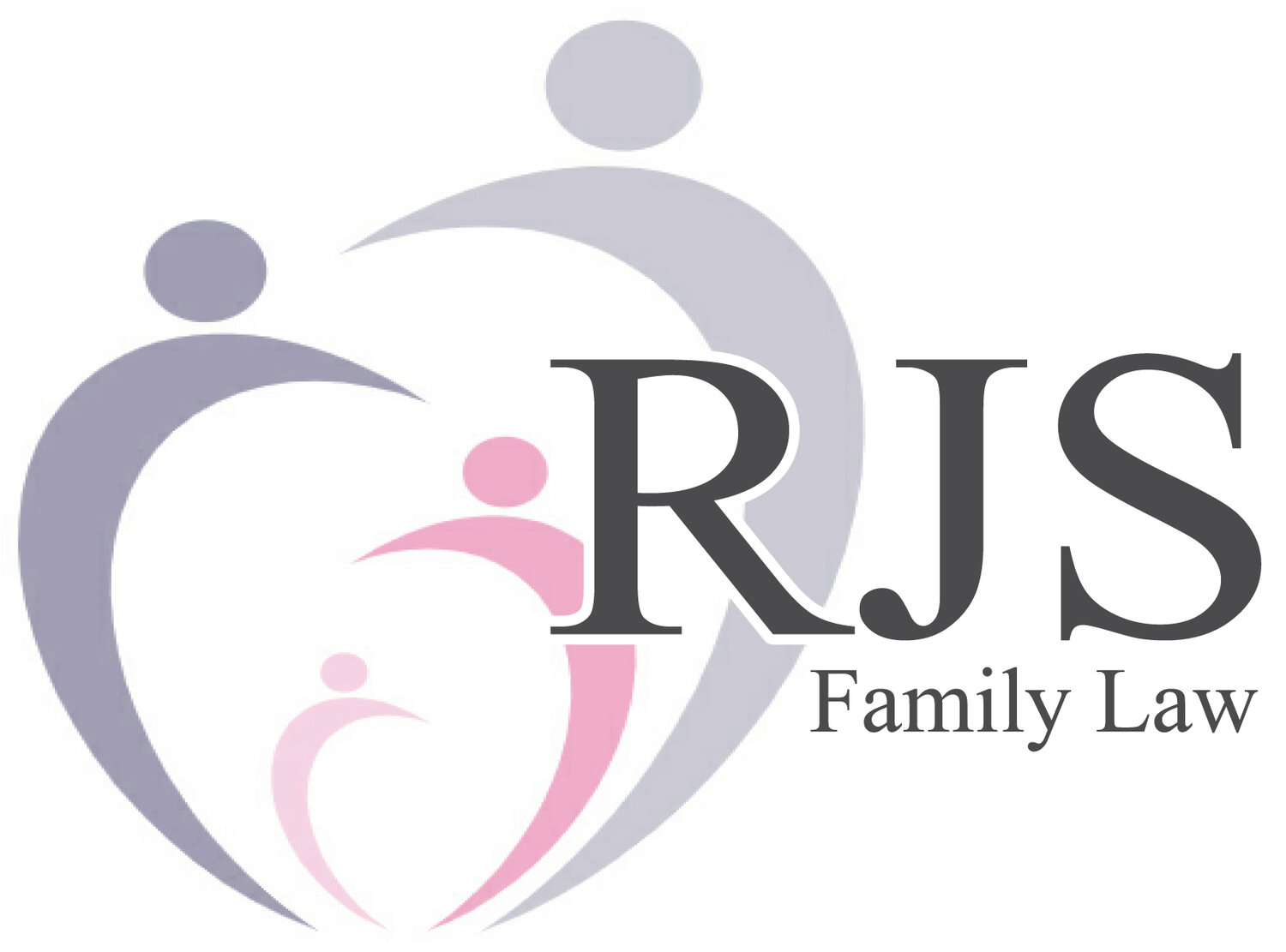What is ‘Claire’s Law’ - and How Can it Help You?
Clare’s Law, formally known as DVDS (Domestic Violence Disclose Scheme) is a police-run scheme that lets you request and receive information about a romantic partner’s criminal history.
This might be a current partner or an ex-partner that you believe might be a threat to your safety. It is known as Clare’s Law following the murder of Clare Wood, in 2009, by her ex-partner, George Appleton who had a history of violence against women.
Under Clare’s Law you have two rights - to ask and to know:
The ‘right to ask’ - This means that you can make a DVDS application to ask about a current or ex-partner that you think might have a record of abusive behaviour or violence. Any information that the police share with you about a partner is called ‘disclosure’.
You can also ask on behalf of a close friend or relative, who you think might be at risk from their current or former partner. However, you may not necessarily receive any disclosure depending on who you are.
The ‘right to know’ - Means that if police checks show that your current or ex-partner has a history of abusive behaviour, they may proactively share that information with you because they believe you are at future risk.
Clare’s Law disclosures have to be considered ‘lawful’, ‘proportionate’ and ‘necessary’ which means that police must first decide whether it is appropriate to disclose your partner’s confidential records as part of your DVDS application.
If you are applying on your own behalf, then the police will disclose any information directly to you – usually in person. If you’re applying on behalf of someone else, any disclosure is likely to depend on your relationship to that person and your ability to keep them safe.
Should your partner not be known to the police, or if police checks suggest that there isn’t a threat to your safety then the police will tell you so.
Clare’s Law disclosures take into account the following definitions of domestic abuse
Controlling, coercive, threatening, degrading and violent behaviour – including sexual and physical violence.
psychological and or emotional abuse
physical and sexual abuse
financial or economic abuse
harassment and stalking
and also online or digital abuse.
For further information on Clare’s Law and advice regarding an abusive situation, get in touch with RJS Family Law: rachel@rjsfamilylaw.co.uk
